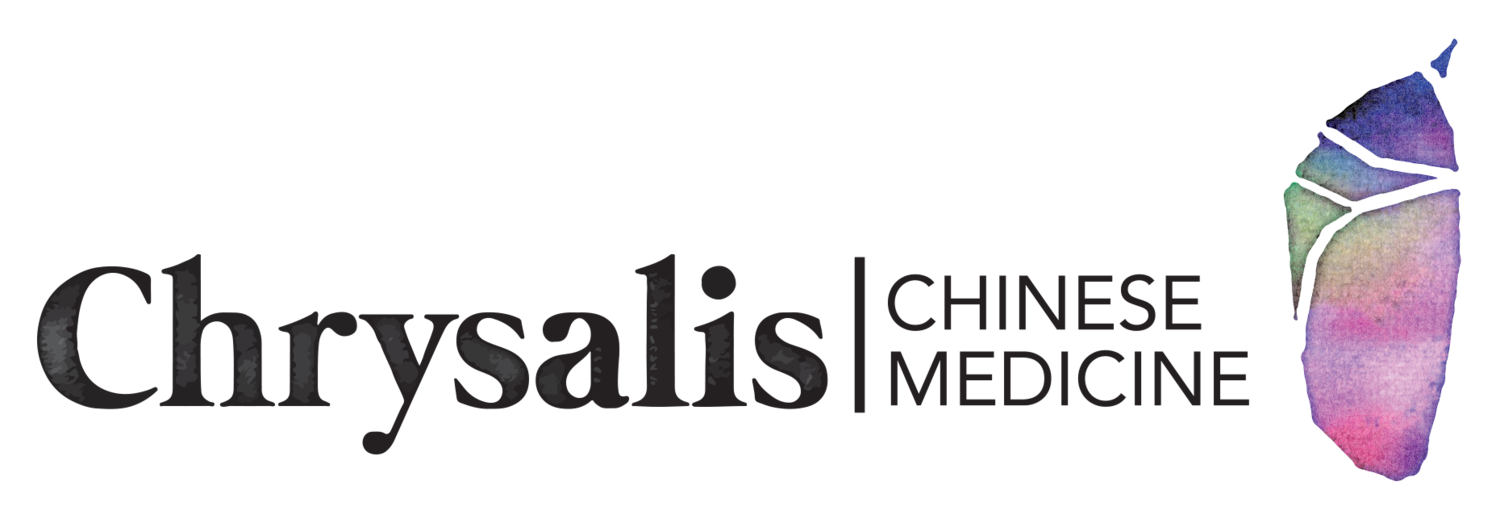Nutiritonal and Digestive Principles in Chinese Medicine
/In Chinese Medicine, Yang Sheng refers to ‘nourishing life’ and is often used as a term to describe lifestyle and diet therapy. The understanding of a link between our food and our health is nothing new. While Hippocrates said, "Let food be thy medicine, and medicine be thy food" The ancient Chinese had proverbs of their own such as “he that takes medicine and neglects diet, wastes the skill of the physician”.
I see a lot of patients with digestive troubles, and each one is completely individual. But whether it’s bloating, food intolerance's, or an inability to lose weight, there are some simple principles that are universal, and easy to implement and follow.
There are three aspects to digestion, with each being as important as the other. These are:
What we eat
How we eat
How we digest
The first two are up to you, while the last one is where Chinese herbs and acupuncture comes in.
Most people tend to focus on what they eat. This is a great place to start, but it’s only going to get you so far if the other two aren’t being addressed. Although many different diets are effective short-term (both for weight loss and digestive problems), the issue is that they are very difficult to maintain long-term.
Therefore, when it comes to what we eat I tend to keep it pretty simple.
Increase whole foods and decrease processed foods
Eat regular meals rather than grazing on snacks throughout the day
Avoid cold, raw foods, as well as food and drink straight from the fridge
The ancient Chinese liked to use simple analogies to explain complex processes, and digestion is no different. An analogy often used in Chinese Medicine is looking at the digestive system as a cauldron bubbling away on a fire with steam rising from it. The cauldron represents the stomach; cooking the food we consume and transforming it into the nutrients and energy that powers our body, known in Chinese medicine as the Qi and Blood. The steam rising from the cauldron is this energy, and is essentially all the nutrients extracted in the digestive process. But the most important part here is the digestive fire that warms the cauldron. Without this fire, all we have is a cauldron full of food, waiting to be cooked.
This analogy explains why in Chinese medicine, the consumption of raw foods as well as food and drink from the fridge is advised against, as it suppresses the digestive fire, creating an extra burden on the digestion by slowing it down. This analogy can also relate to overeating, as by overfilling the cauldron, there needs to be far more fire to cook and transform the food. However our food choices, as well as herbs and acupuncture can help to stoke the fire.
Now, onto how we eat. This is so often neglected, where the focus in nutrition is on what we eat – whether through fad diets, calorie counting, or focusing on every macro and micronutrient consumed. However, in Chinese medicine, diet therapy focuses on more on following a few key principles.
How we eat throughout the day not only includes regularity, but where possible starting with a bigger meal in the morning and smaller meals later in the day. This way, we draw on the Qi from our food as we go about our day-to-day activities rather than drawing on our energy reserves.
When eating, just eat. Although sitting down to eat can often be an excuse to check our emails, our social media notifications, reply to messages or mark off our to-do lists, it’s so important to be present while we eat. In Chinese Medicine, each organ system relates to certain emotions. The digestive organs are associated with overthinking, worry and rumination.
This can be compared to the idea in western medicine of fight & flight vs rest & digest. When we are overthinking, stressing and worrying our body is in an acute stress response, also known as fight & flight, which prepares our body for action by sending energy to the organs involved in being prepared for a physical challenge. While when we are focused on our food, we are far more likely to be in rest & digest, which sends all our energy to our digestive system. Therefore, when we sit and eat, the last thing we should be doing is over-thinking as this is only going to further slow our digestion.
And while we’re on overthinking, this includes overthinking our meals and worrying about whether we’re eating good or bad foods. A healthy digestion can deal with unhealthy foods such as sweets and greasy foods when in moderation, and overthinking how bad something is for you will only take away any enjoyment you may have garnered from it.
Now, onto how we digest. While how you eat and what you eat is up to you, how you digest is where Chinese Medicine can help. Chinese herbs and acupuncture can help in strengthening a weak digestion, activating the digestion for food that isn’t being digested properly, or regulating an irregular digestion. This link is to a a study using herbs in the treatment of IBS, while this link is to a study using acupuncture for functional gastrointestinal disorders.
And last, but definitely not least, enjoy your food. Our food is our nourishment. It creates and regenerates every single cell in our body. So eat with interest and joy. Savour every bite and be grateful for the beautiful food you or your loved ones have created.




